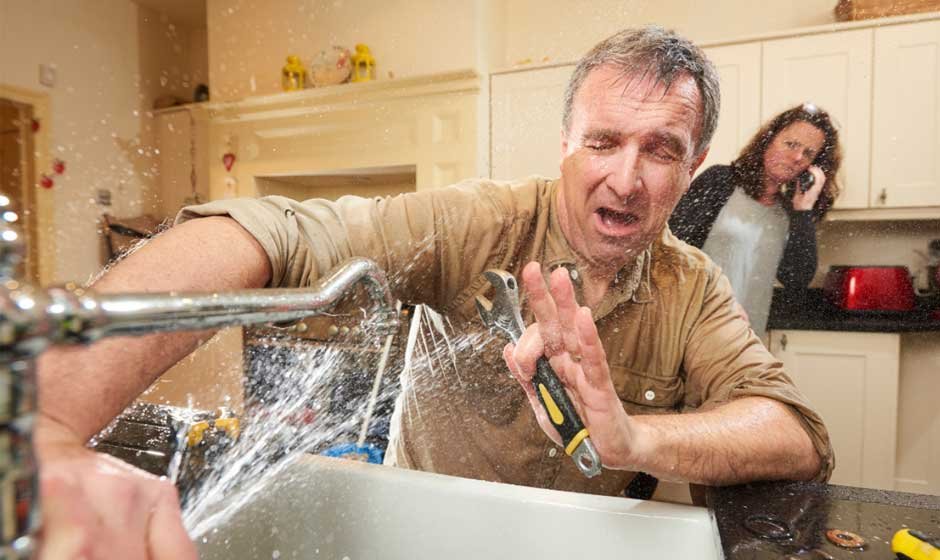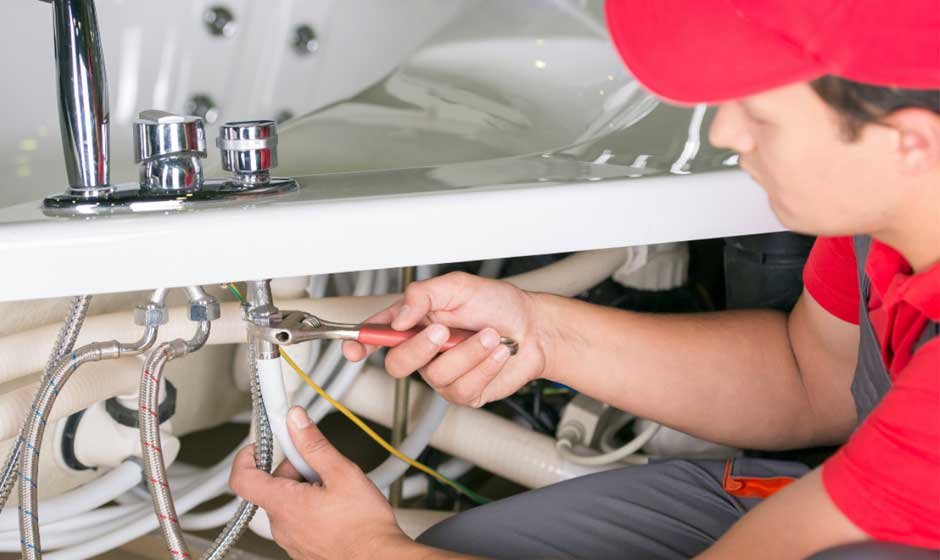Plumbing issues are among the most disruptive problems property owners face. Whether it’s a burst pipe, a failing water heater, or a hidden leak, the quality of the repair determines how well your property and investment are protected. Hiring a certified plumber is not only a matter of convenience; it’s a safeguard for your home’s safety, functionality, and long-term value. Across the USA and Canada, certification ensures plumbers meet industry standards, hold appropriate training, and adhere to safety regulations that protect both property owners and the communities they serve.
This article explores why certification matters, how it impacts property value, and the real-world benefits of working with professionals who are qualified, insured, and accountable.
1. What Makes a Plumber Certified?
Certification represents a plumber’s formal recognition of skill, experience, and adherence to local codes. To become certified, plumbers in both the United States and Canada must complete technical training, apprenticeships, and pass standardized exams regulated by local or national boards.
In the United States, requirements vary by state but typically involve obtaining a license from a recognized authority such as the Department of Labor or local trade commission. Canadian plumbers are certified under provincial programs like Ontario’s College of Trades or Alberta’s Apprenticeship and Industry Training (AIT), which verify technical proficiency and knowledge of safety codes.
Certified plumbers are obligated to follow plumbing codes that govern installation, repair, and maintenance standards. This ensures that all work aligns with building safety laws and environmental guidelines. Choosing certified plumbing contractors in the area ensures compliance and reduces the risk of costly mistakes caused by unqualified or unlicensed individuals.
2. The Risks of Hiring Unlicensed or Unqualified Plumbers
Cutting costs by hiring unlicensed plumbers often leads to expensive long-term damage. Poorly installed fixtures or pipes can result in leaks, mold growth, or even structural damage to walls and foundations. These issues may go unnoticed until they cause serious deterioration, resulting in major repair expenses and insurance complications.
Insurance companies in both the USA and Canada commonly deny claims related to plumbing work completed by unlicensed individuals. This leaves property owners financially responsible for damage that could have been covered. Furthermore, work performed outside of code can fail municipal inspections, causing additional expenses to bring the system into compliance.
Unqualified plumbers also pose safety risks. Incorrect water heater installations can lead to gas leaks or carbon monoxide exposure, while faulty drainage systems can contaminate water supplies. Certification, by contrast, verifies that plumbers understand and apply proper installation techniques, materials, and safety procedures.

3. Protecting Property Value and Long-Term Investment
A plumbing system is one of the most vital components of a home or commercial property. It directly affects livability, resale value, and maintenance costs. Certified plumbers not only fix visible problems but also assess underlying systems to ensure long-term efficiency.
When a licensed professional installs or repairs plumbing, documentation of the work becomes part of the property record. Buyers and inspectors often request this proof during resale or appraisal, and certified work adds credibility and confidence. In competitive real estate markets across North America, this can enhance the property’s appeal and justify higher valuations.
Conversely, properties with unverified plumbing work may face reduced marketability or lower offers due to perceived risks. In commercial settings, improper plumbing can disrupt operations, increase liability, and even violate health and safety plumbing codes. Certified plumbers assure that every component, from piping and valves to water pressure systems, is correctly installed, compliant, and durable.
4. The Practical Benefits of Hiring Certified Plumbers
Hiring certified professionals extends beyond compliance; it provides measurable advantages for homeowners and businesses.
- Guaranteed Quality
Certified plumbers follow standardized methods backed by training and inspection. Their workmanship must meet legal and professional benchmarks, ensuring reliable results. - Access to Permits and Inspections
Certified plumbers are authorized to obtain municipal permits, an essential step in ensuring work is legally recognized. Non-certified workers often skip this process, exposing property owners to fines or rework orders. - Comprehensive Problem Solving
Certification requires apprenticeships under master plumbers, ensuring hands-on experience with complex issues. This translates into precise diagnostics, fewer callbacks, and efficient solutions. - Insurance and Warranty Protection
Certified plumbers carry liability insurance and warranties on their work. This coverage protects homeowners if unexpected damage or failure occurs, offering peace of mind that uncertified workers cannot provide. - Energy and Water Efficiency
Proper plumbing installation reduces water waste, improves system performance, and enhances energy efficiency. Certified plumbers understand how to size fixtures, install efficient water heaters, and design systems that minimize environmental impact.
5. How to Verify a Plumber’s Credentials
Before hiring, homeowners and property managers should confirm a plumber’s certification and insurance status. In the United States, verification can be done through state licensing boards or municipal building departments. In Canada, each province maintains an online registry where certification numbers can be validated.
Ask for:
- The plumber’s certification or license number.
- Proof of liability insurance and workers’ compensation coverage.
- References from previous projects or clients.
- Written estimates and contract details outlining the scope of work.
Taking these steps ensures transparency and accountability from the beginning of the project. Certified professionals will readily provide this information, while unqualified individuals often avoid such scrutiny.
6. When Certification Makes the Biggest Difference

Certain plumbing projects carry greater financial and safety risks, making certification indispensable. Examples include:
- New Construction or Major Renovations: Building codes require certified professionals to ensure systems meet inspection standards.
- Water Heater or Gas Line Installation: These systems involve pressure and combustion risks that demand technical training.
- Sewer and Drain Repairs: Mismanaged repairs can cause contamination or flooding, impacting health and property.
- Commercial or Multi-Unit Buildings: Certification guarantees compliance with occupational and public health regulations.
In these scenarios, hiring a certified plumber can prevent regulatory violations, project delays, or safety incidents that would cost far more to correct later.
Choosing a certified plumber is an investment in safety, reliability, and long-term property value. Across the USA and Canada, certification ensures that plumbing professionals possess the skills, knowledge, and accountability necessary to protect both residential and commercial properties. From maintaining code compliance to securing insurance coverage and preserving resale value, certified plumbers deliver assurance that unlicensed workers simply cannot match.
In property management, where small mistakes can create major liabilities, professional certification is not optional; it is a critical safeguard for every responsible owner.
















